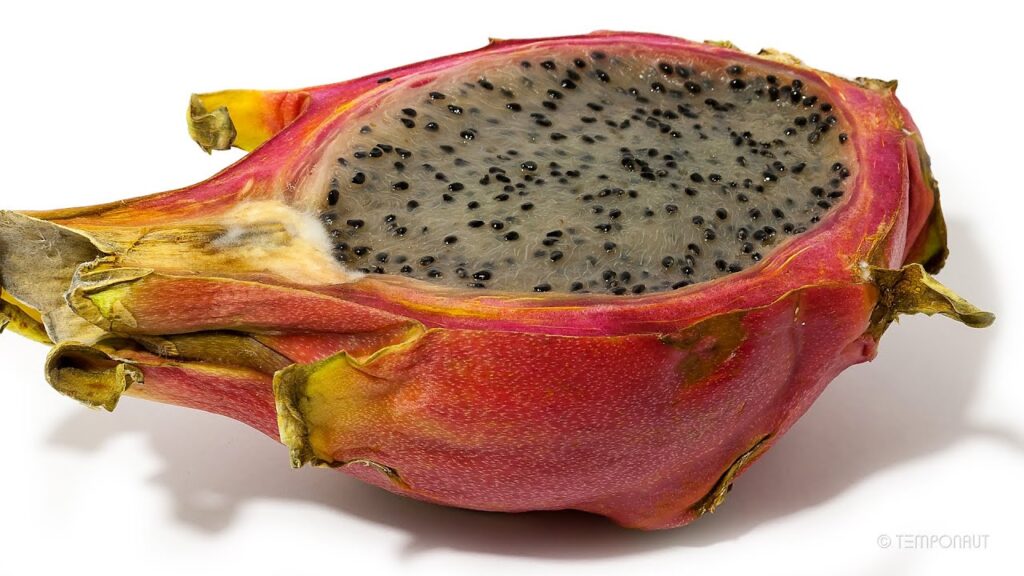Blackberries are tasty and full of nutrients, and they can grow in lots of places. But they need the right conditions, including enough sun.
Sunlight is really important for blackberries because it helps them make food through a process called photosynthesis.
In this guide, you’ll learn just how much sun blackberries need to grow well. Whether you’re a pro at gardening or just starting out, you’ll get the info you need to grow great blackberry plants.
Table of Contents
Why Sunlight Matters for Blackberries
Ever wonder why blackberries need the sun to grow? It comes down to photosynthesis. This is the way blackberry plants turn sunlight into their food.
During photosynthesis, blackberry leaves soak up sunlight and change carbon dioxide and water into glucose and oxygen. The glucose gives the plant the energy it needs to grow and make berries.
The amount of sunlight needed isn’t just any kind. It’s about getting the right intensity, quality, and time under the sun.
For example, to do their best, blackberries need about six hours of direct sunlight every day. Not enough sun can lead to fewer, smaller, or less tasty berries.
Without enough sun, blackberry plants might not grow right. Their leaves can turn yellow or brown, and if it’s really lacking, the plants can die.
That’s why you want to make sure your blackberries get just the right amount of sun. But remember, each garden is different. The amount of sun they need can change based on a few things.
The Exact Sunlight Needs for Blackberries
Generally, blackberries like around six hours of direct sunlight each day. But this can change because of:
- Climate: In cooler places, blackberries might need more sun compared to warmer spots.
- Soil: If the soil is rich in nutrients, the plants might do okay with a bit less sun.
- Type: Different kinds of blackberry plants might have different sunlight needs.
- Age: Young plants sometimes need less sun than older plants.
It’s also worth noting that too much hot sun isn’t good either. In places with really hot sun, you should give blackberries some shade during the hottest part of the day.
Planting Blackberries in Various Sun Conditions
Blackberries can adapt to different sunlight amounts, like full sun, partial sun, and even shady spots. Here’s how to grow blackberries in each of these light settings:
Full Sun
In full sun, blackberries get six or more hours of direct sunlight every day. This is usually great for them. Here’s what to do:
- Find a sunny part of your garden.
- Use soil that drains well and has plenty of nutrients.
- Water the plants a lot, especially when it’s hot or dry.
- Prune the plants to get rid of any dead or sick branches and help them grow.
- Give them some shade when the sun is too strong.
- Choose a part of your garden that gets some direct sun but also some shade during the day.
- Make sure the soil’s good—well-draining and full of nutrients.
- Water the plants well, especially when it’s dry or hot.
- Prune the plants to remove dead or diseased branches and help them grow right.
- Provide some shade when the sun is too strong.
- Find a spot in your garden that gets some indirect light.
- Check that the soil is still good—well-draining and with plenty of nutrients.
- Make sure to give your plants plenty of water, especially when it’s hot and dry outside.
- Trim your plants often to get rid of any dead or sick branches. This helps your plants grow better.
- If your blackberries are growing in a shady spot, they might need more time to start having fruits compared to those in sunnier places.
Partial Sun
Blackberries in partial sun get between three and six hours of sun a day. This can work well if it’s really hot or way sunny where you live. Here’s what you can do:
Shade
In shady areas, blackberries get less than three hours of direct sunlight a day. They might not make as much fruit, but you can still try. Here’s some advice:
If you follow these pieces of advice, you can grow blackberries even if they’re in the sun or shade. Keep an eye on them and change their care if needed to help them grow well and make lots of berries.
Frequently Asked Questions
To Conclude
For the best chance at getting fruit, blackberry bushes need at least six hours of direct sunshine daily. They might still grow in shady spots, but they won’t produce as much. During very hot times, you should give them some shade to keep them from getting too much heat.
Too much sun can be as harmful for blackberries as not enough of it, which can make them weak and less fruitful. The perfect place for planting them is somewhere with soil that doesn’t hold water, gets a lot of sun, and has enough room for the air to move around. The ideal planting time is during the late winter or early spring months when the plants are in a resting phase.
Blackberries like it when it’s a bit cooler, between 60-85°F (15-29°C), but they’re pretty flexible as long as they have enough light and water. Follow these rules to help your blackberry bushes grow well and give you lots of berries to enjoy.
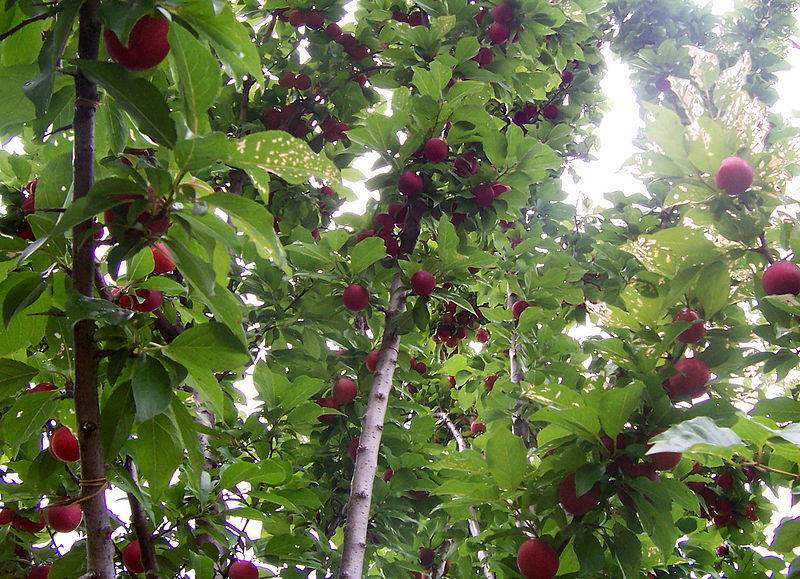
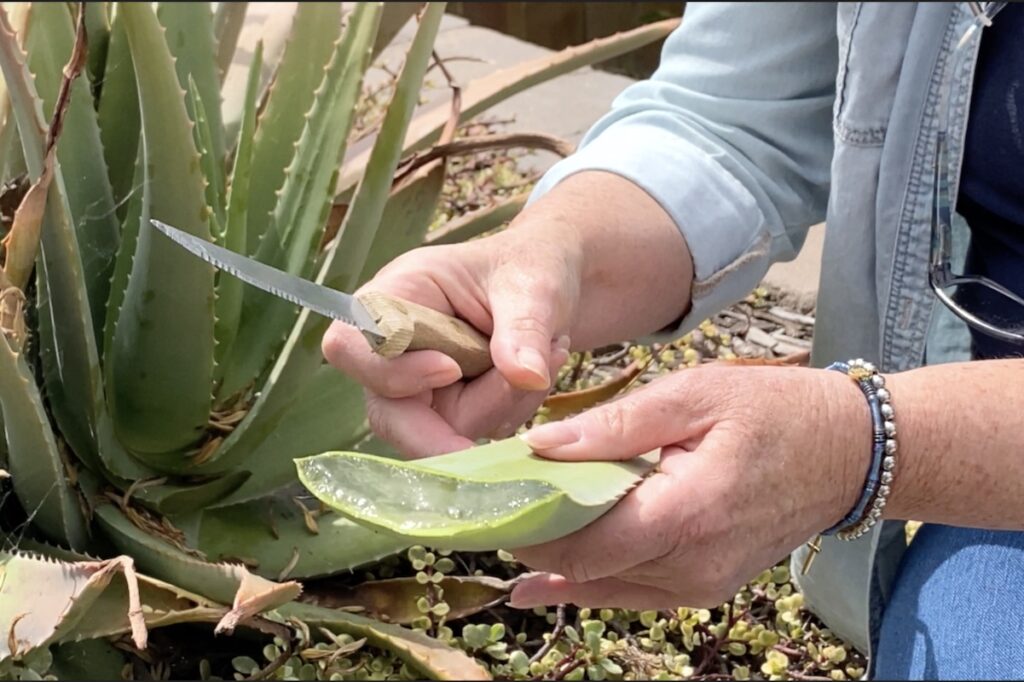
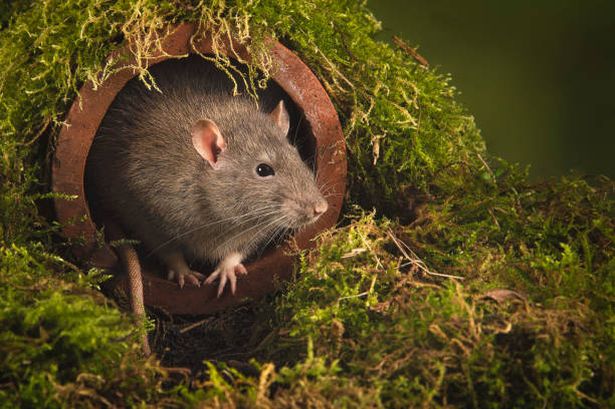
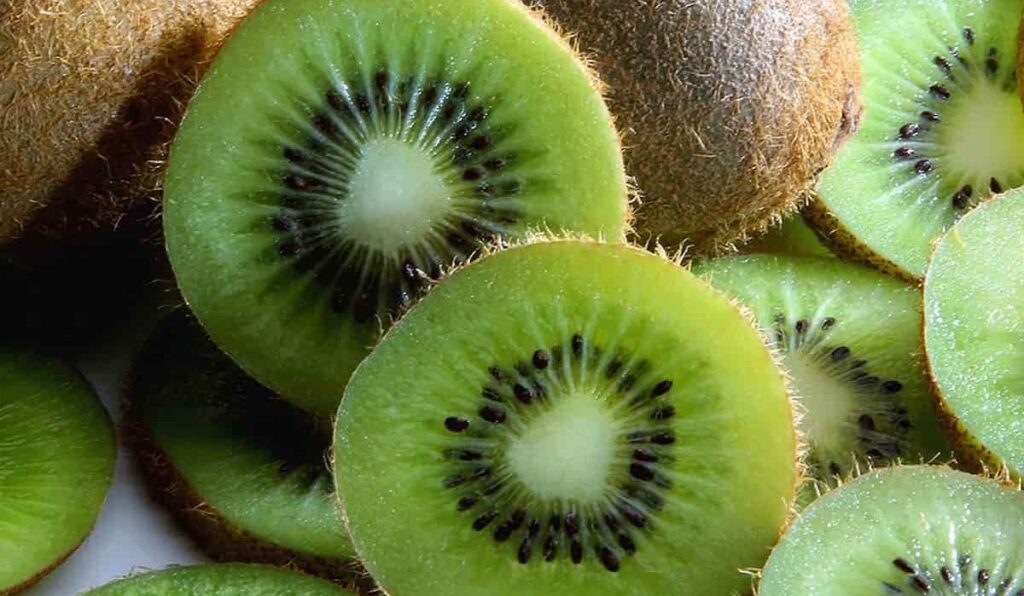


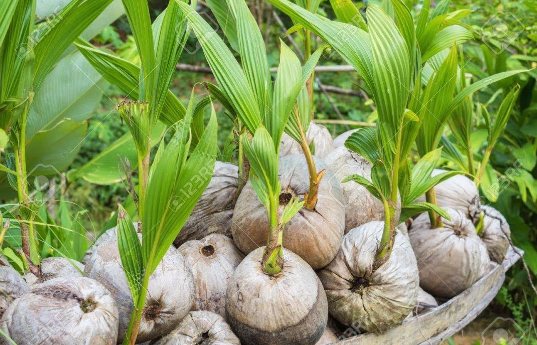
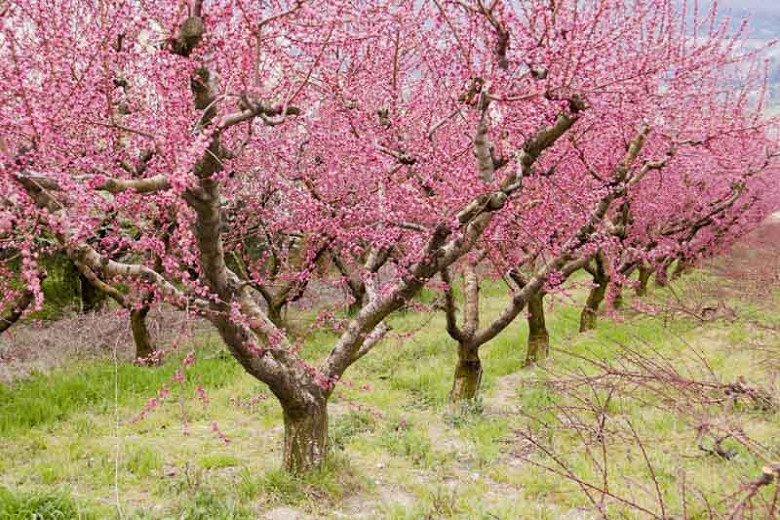
![How To Grow A Pear Tree From Seed [Step-By-Step Guide]](https://fruitonix.com/wp-content/uploads/2023/06/Screenshot-2023-06-07-1.36.07-AM.png)
